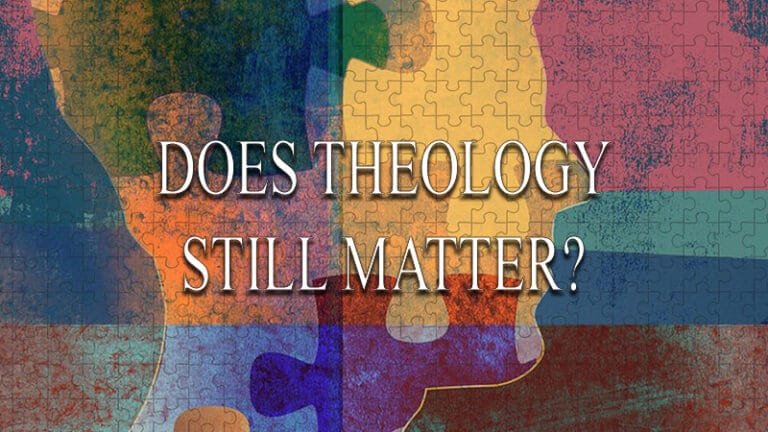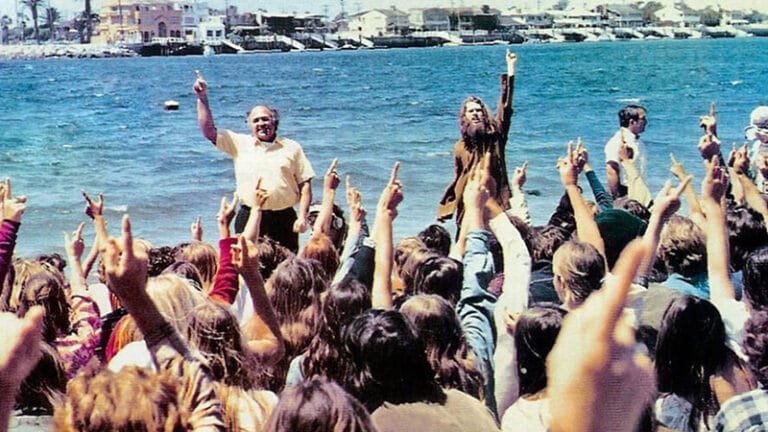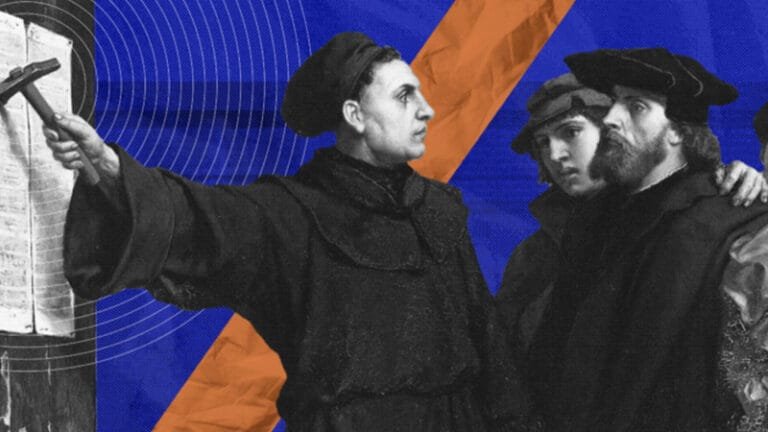The Theology of Charles Darwin

It is a truism that, without the intervention of God, we are merely the results of how we are raised and the formative ideas we encounter. The same is true of scientists as everyone else. When people adhere primarily to repeatable experiments and observations, this rarely becomes a problem, but what happens if they present theories that go beyond data and their formative ideas influence the way they interpret the world? Perhaps the best way of demonstrating this effect is to review the theology of Charles Darwin. The beliefs he embraced help to explain the origin of his ideas of evolution and natural selection, which were based more on his own ideology than his research.
Charles Darwin was raised in the theological tradition of unitarianism, meaning he rejected the Trinity. Unitarianism originated in sixteenth-century central Europe, spread to England by the late eighteenth century, and was highly influential on political and religious dissenters. In stressing the unity of God, strict unitarians denied the divinity of Christ altogether. They rejected doctrines such as original sin, hell, predestination, atonement, and the exclusivity of the Christian faith. They tended to see the Bible as a moral rule book and a history of examples of how to live. Such appears to be the views of Darwin in his early life. As late as his journey on the HMS Beagle in 1831, he confessed his faith in the Bible and his belief in living a moral life. He was known for his great compassion and tenderness toward his family. A wanna-be naturalist (he was not trained as a scientist), he gave no thought to the theories that later defined him while he collected data.
Upon Darwin’s return from his journey, he was introduced through his geologist friend Charles Lyell to a social circle of freethinking scientists and leftists. One of these was computer pioneer and mathematician Charles Baggage, who hosted soirees at his home. Charles Babbage was a believer in natural theology. That is, he believed the primary role of God was as the giver of natural law and that the Bible should not be interpreted literally. Because he also believed in uniformitarianism – the belief that natural laws operate in the same way today as they did in the past – science could be used to discover what the past was like. While many scientists today take this as a given, at that time a common view was catastrophism, the belief that a past cataclysm like the fall or Noah’s flood changed nature. Uniformitarianism allowed the gradualism that was the crux of natural selection.
Another influential member of this circle was Harriet Marineau. She was a social theorist, lecturer, and Whig activist. Religiously, she was also raised as a unitarian but eventually transitioned toward atheism. She criticized biblical literalism supporting institutionalized religions that were amoral and superstitious. More important was her views as a reformer. She embraced the theories of Thomas Malthus that overpopulation led to social collapse, requiring population control, which many later interpreted to support sterilization, euthanasia, and abortion. She had been seeking for a way of explaining human society without God. In her mind, evolution undermined Anglicans who defended the social order and underpinned reforms to stop overpopulation. Although Darwin always rejected what became known as “Social Darwinism,” naively overlooking the implications of his theory, there is little doubt that Malthusianism greatly influenced his ideas about how localized animal populations influenced natural selection.
The combination of the influence of a unitarianism that rejected the interference of God in the universe, a natural theology that questioned the literalness of scripture, a uniformitarianism that interpreted the past using present observations, an atheistic criticism of religion, and a godless origin of human society provided a perfect storm for Darwin’s theories, which he developed during this time. To see how great the influence of his theology on his scientific theories, we need only compare his views with those of Alfred Wallace. Many don’t know that Wallace independently developed his own theory of evolution and natural selection at approximately the same time as Darwin. He nevertheless believed his theories couldn’t explain the origin of life from inorganic matter, the development of consciousness, or the mind and spirit of man, which required the intervention of God; unlike Darwin, who saw these as the result of entirely material causes. We can see why he thought so because of the views he embraced.
By the end of his life, Darwin had become an avowed agnostic and no longer attended church, though he remained on good terms with his pastor and continued to believe in cooperation rather than competition, at least in his personal and political life. The rumor that he experienced a deathbed conversion is false. He died doubting the gospel. Chinese theologian and pastor Watchman Nee once said, “If you would test the character of anything, you only need to inquire whether that thing leads you to God or away from God.” In the end, Darwin’s theology led him further from true faith in Christ. It was his growing agnosticism more than his biological observations that led him to develop his theories.






